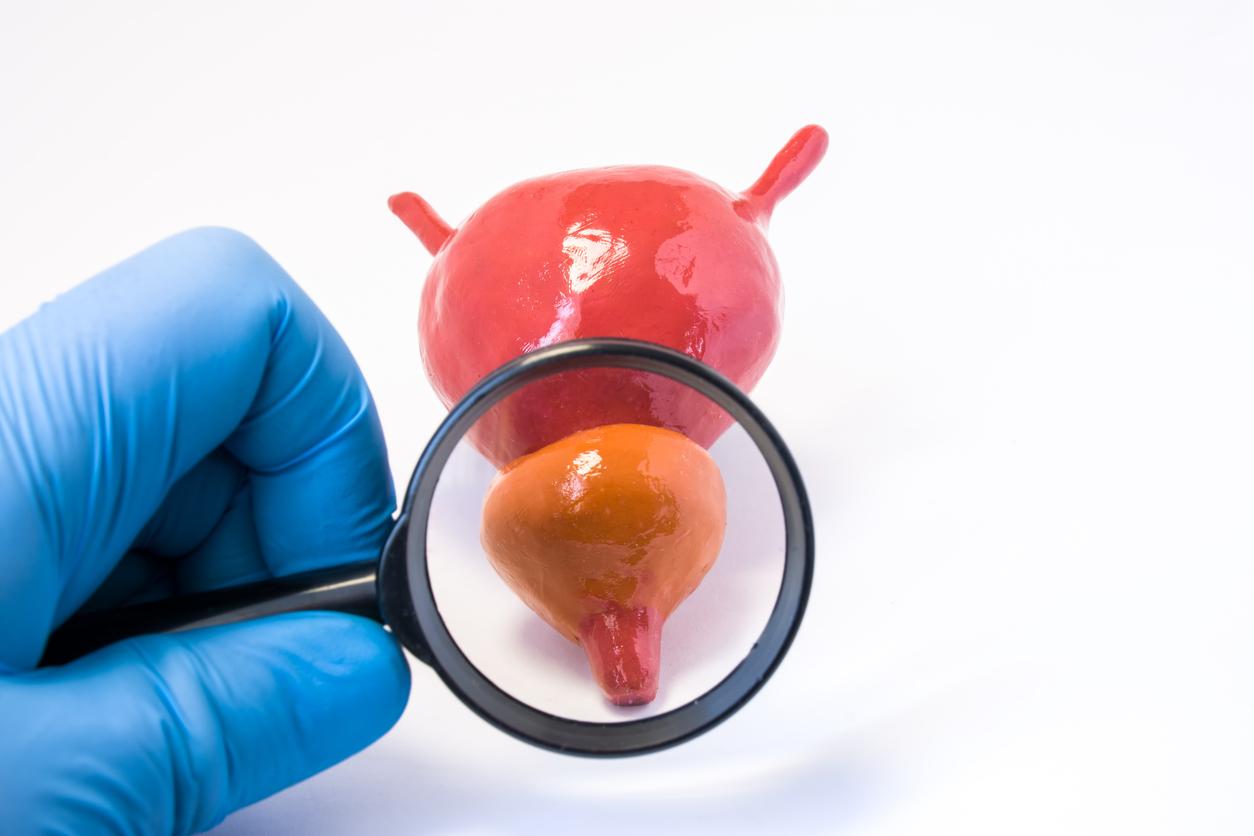Researchers have just discovered a new organ, called “exclusome”.

- Researchers have just discovered a new organ, called “exclusome”.
- The exclusome could play a crucial role in autoimmune diseases (such as lupus or multiple sclerosis).
- The exclusome could also shed light on the evolution of nuclei in mammalian cells.
A new search revealed the existence of a completely new organelle in mammalian cells. This tiny organ, baptized “exclusive”, had never been described before and greatly surprised researchers.
The exclusome is made up of rings of DNA
The study also discovered that the exclusome is made up of rings of DNA called “plasmids”. These plasmids, which are commonly found in bacteria, play an important role in regulating gene expression.
“Plasmids that cannot be separated could theoretically embed themselves in chromosomes. But it is more likely that the genes in the nuclear plasmids of viruses or bacteria are translated into proteins, disrupting the physiology of the cell,” said Ruth Kroschewski, from the Institute of Biochemistry at ETH Zurich, in A press release.
The exclusome and autoimmune diseases
The researchers responsible for this discovery believe that the exclusome could play a crucial role in autoimmune diseases (such as lupus or multiple sclerosis). By monitoring the genetic integrity of the cell, the exclusome could in fact contribute to regulating the immune system and thus influence the development of these pathologies.
The exclusome and the cell nucleus
In addition to its potential role in autoimmune diseases, the exclusome could also shed light on the evolution of nuclei in mammalian cells. Throughout evolution, cell nuclei have indeed undergone numerous transformations to adapt to the specific needs of organisms.
“The exclusome is perhaps a first attempt to produce a cell nucleus,” believes Ruth Kroschewski.
The study cited at the beginning of the article was published in Molecular Biology of the Cell.

















